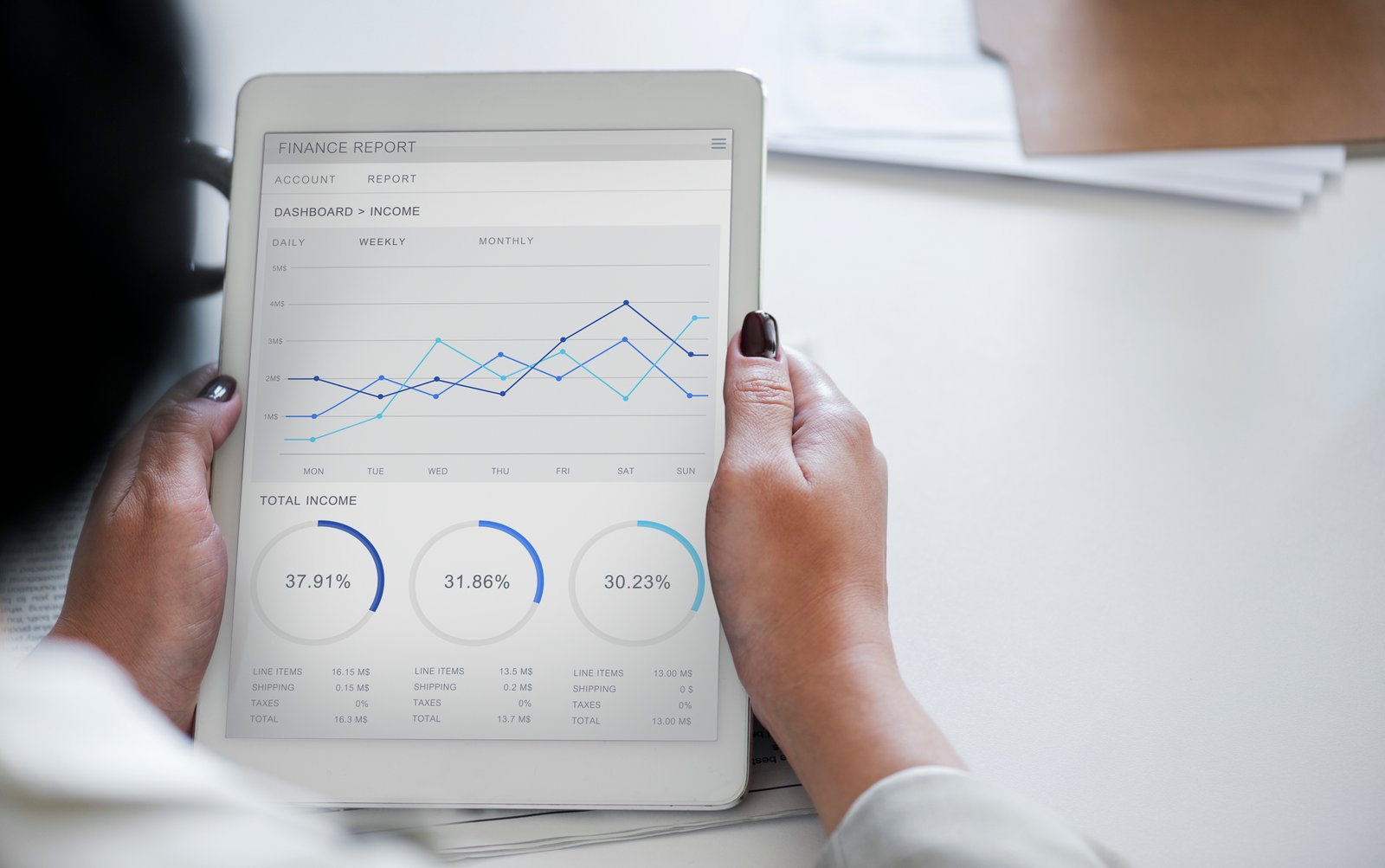SPONSOR: CardioComm Solutions (EKG: TSX-V) – The heartbeat of cardiovascular medicine and telemedicine. Patented systems enable medical professionals, patients, and other healthcare professionals, clinics, hospitals and call centres to access and manage patient information in a secure and reliable environment.

———————-
How Digital is Accelerating Healthcare
- A digital wave has swept the world. Technology advancements have transformed every aspect of life and healthcare isn’t far behind.
- Digital healthcare aims to amplify the shortcomings of traditional healthcare systems.

The digitization of the entire healthcare ecosystem is underway. From telemedicine to wearables to the remote patient monitoring device, Integration of technology with healthcare helps in meeting the unfulfilled challenges in the healthcare industry.
Digital healthcare aims to amplify the shortcomings of traditional healthcare systems. Prevention, helping patients monitor and manage chronic conditions, lowering the cost of healthcare provision, and making medicine more tailored to individual needs – some of the areas where applying technology to healthcare can immensely help.
Healthtech or Digital Health is a thriving market. Global Digital Health Market value expected to surpass $504.4 billion by 2025; according to a new research report by Global Market Insights, Inc. Increasing demand for remote monitoring services due to rising incidences of chronic diseases worldwide is a major factor propelling the global market growth. This could be the reason why Tech giants are betting big on healthcare with almost all the big firms be it Google or Amazon are investing billions in healthcare. The most valuable company in the world – Apple updated its Health app, last year, to display medical records from 39 hospitals. The firm also added a new Apple Watch feature called the electrocardiogram (EKG), a more advanced method of heart monitoring. Apple received an FDA clearance for this.
Alphabet, Google’s parent company is also making a number of bets in healthcare and life sciences. Calico, focuses on health and well-being, in particular, the challenge of ageing and associated diseases. And Verily is developing tools to collect and organize health data, then creating interventions and platforms that put insights derived from that health data to use for more holistic care management.
WHO’s push for Digital Health
In the April 2019, the World Health Organization (WHO) released new recommendations on 10 ways countries can use digital health technology to improve people’s health and essential services. The guideline demonstrates that health systems need to respond to the increased visibility and availability of information. People also must be assured that their own data is safe and that they are not being put at risk because they have accessed information on sensitive health topics, such as sexual and reproductive health issues, a press release from the WHO states. It further adds that Health workers need adequate training to boost their motivation to transition to this new way of working and need to use technology easily.
The guideline stresses the importance of providing supportive environments for training, dealing with unstable infrastructure, as well as policies to protect the privacy of individuals, and governance and coordination to ensure these tools are not fragmented across the health system.
The guideline encourages policy-makers to review and adapt to these conditions if they want digital tools to drive tangible changes and provides guidance on taking privacy considerations on access to patient data.
WHO has issued a number of resources to strengthen digital health research and implementation, including the mHealth Assessment and Planning for Scale (MAPS) toolkit, a handbook for Monitoring and Evaluation of Digital Health, and mechanisms toharness digital health to end TB, eHealth Strategy Toolkit in collaboration with International Telecommunications Union (ITU) and the Digital Health Atlas, an online global repository where implementers can register their digital health activities
Digital Health in Asia
Digital Health is thriving in Asia. Last year, Investment in digital health was around $6.3 billion in Asia, confirming it as the 2nd largest HealthTech ecosystem in the world. Significantly exceeding 2017 in dollar size, and doubling 2016, the Asia ecosystem is fast catching the US, says a report by HealthTech Alpha, a Galen Growth Asia solution. The most number of news new announcements and investments came from China and India.
Some other important initiatives include:
- Big technology companies, such as Tencent and Alibaba, announced new healthcare ventures
- In collaboration with the Food and Drug Administration of the Philippines (FDA), mClinica introduced a new mobile app, Electronic Logbook, to digitize prescriptions using cutting edge image recognition and machine learning. With this, the Philippines became the first country in Asia to use a nationwide mobile app to disrupt the pharmacy prescription process
- WeDoctor and Ping An Good Doctor – the “AI doctors†are increasingly becoming popular in China
- BioTel CareTM(formally known as Telcare), a BioTelemetry company, has developed a next-generation wireless blood glucose monitor for diabetes management. It is the first FDA-cleared, cellular-enabled glucometer which supports real-time transmission and consolidation of patient data in an FDA-cleared cloud
- Japan-based Omron Healthcare has developed a continuous, noninvasive Beat By Beat®blood pressure monitoring technology. Omron says this is the first of its kind in the world, uses Omron’s proprietary pressure sensor to apply pressure in a way to partially flatten the radial artery, thus enabling measurement of blood pressure for each heartbeat simply by attaching the monitor unit on the wrist
Health tech is an unprecedented opportunity to solve Asia’s healthcare woes. New technologies like Artificial Intelligence (AI), cognitive computing, natural language processing, wearable technology, virtual reality and augmented reality are providing new opportunities to provide more personalized prevention, diagnostic, and treatment.
As digital health improves, it will, in turn, strengthen health systems, enable universal health coverage, and improve health and well-being for all.
Source: https://www.biospectrumasia.com/analysis/46/14108/how-digital-is-accelerating-healthcare.html